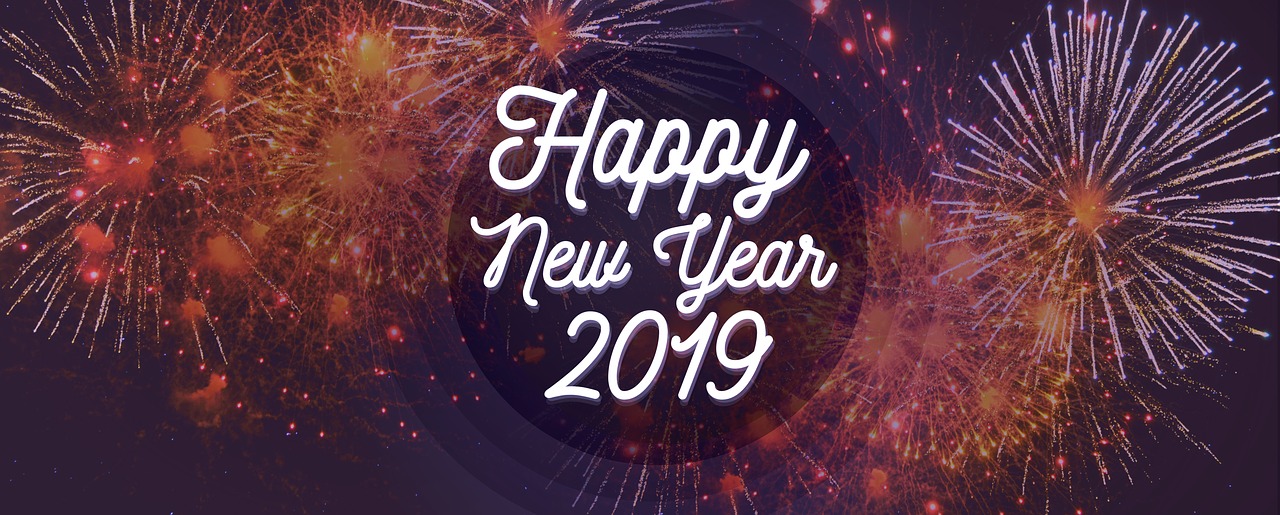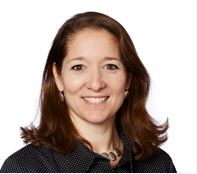You have worked hard for your career or position and did a lot to achieve where you are at now.
You’ve seen a lot and know there is nothing you can’t handle. Then there’s that co-worker. The one “bad apple” you just can’t stand or get along with – perhaps they’re negatively impacting teams, projects or just making your work-life needlessly more challenging.
A nerve-wracking work relationship can quickly become a personal burden leading to stress, frustration and lack of motivation. It can result in a less than enjoyable work environment, and perhaps even effect the capabilities you have in your role.
You may also intentionally or unintentionally draw other colleagues into the toxic situation as you try to cope.
The good news is, it is possible to deal with even the most problematic co-workers and difficult colleagues, and it starts with following a few simple rules:
Acknowledge the situation as it is. Don’t try and pretend everything is okay when it isn’t. The first step to moving forward is seeing the situation as it is, not as you want it to be, or hope it to be. If is not working for you, acknowledge that is the case, even if only to yourself.
Recognize it’s not personal. If you have spent any time speculating that the behavior of the problematic person is personal and about you, stop it now. It’s not. They may have something else going on in their lives that you don’t know about. It may not even have anything to do with you. You may be the convenient target right now, but they are not behaving this way because of you, so there is no point in wondering what you might’ve said or did wrong to create the situation.
Don’t let it consume you or overpower you. Whenever you choose to see yourself as powerless and without choice due to what another person chooses, you make yourself a victim. You don’t have to lose happiness and fulfillment in your life because of someone else’s behavior. You are never powerless. Ask yourself, “What choices do I actually have here that I haven’t considered yet?” Also, don’t obsess and talk about it all the time to others as it makes the problem bigger. Put your mind towards choices, actions and conversations that are empowering for all.
Be grateful for that person. This may sound like an impossible request, especially if someone has been making life miserable for a while, but just try it for 20 seconds a day. What contribution are they and what can you be grateful for about them? Gratitude and anger can’t coexist – so by instilling gratitude and focusing less on the anger and upset, the tensions will tend to dissolve it and make it less significant.
Start fresh every day. Resentments build up over time because we hold onto memories of yesterday. We keep referencing them in our minds until we are already angry, frustrated and preparing for conflict or problems before then next interaction. If you give everyone a clear slate, every day (including you and your difficult colleague or co-worker), yesterday has less influence on determining the present, and you will be open to something other than conflict, fight or problems occurring. Choose to be kind even if they aren’t, choose to be happy rather than approaching that person with anger and frustration due to the past, and go into every moment with them wondering, “What could be possible here I haven’t considered?”
Always be you. Don’t turn into someone else around that person, don’t stop being you or make yourself small. The simple tool of, “Interesting point of view,” can assist. The idea is, whenever the anger, upset, reaction or judgment about that person (or about yourself in relation to that person) comes up, you say to silently to yourself, “Oh, interesting point of view, I have that point of view.” Repeat it several times and notice how the “charge” or intensity of the reaction begins to dissipate. When we do reaction or judgement, you aren’t being present as yourself. With “Interesting point of view,” you stop the reaction loop and get to be, choose, and act, as you.
In a perfect world, we would live and work by the Musketeer’s guiding principle of: “One for all and all for one,” but unfortunately, we don’t always get the colleagues who make that easily possible. Big egos, sneaky schemers, toxic gossips, lazy lopers, reckless careerists and obnoxious attitudes show up in business just as much as in life. But with these tools, you can be less at the effect of problematic people, stay true to yourself, and be the source for instigating greater outcomes for you and all involved.
Guest Contributors Views are their own and not affiliated in any way with the glasshammer.com
About Doris Schachenhofer
After completing her social work studies in Vienna, Doris Schachenhofer worked with children, homeless people, delinquent teenagers and prisoners transitioning back into the real world. Today she travels the world teaching and supporting people to be more of themselves. Her Being You classes are delivered in both live and online settings. Follow Doris here and on Instagram.



 When you consider your career, it’s vital to get clear on what brings you joy, says Sarah Wolman.
When you consider your career, it’s vital to get clear on what brings you joy, says Sarah Wolman.